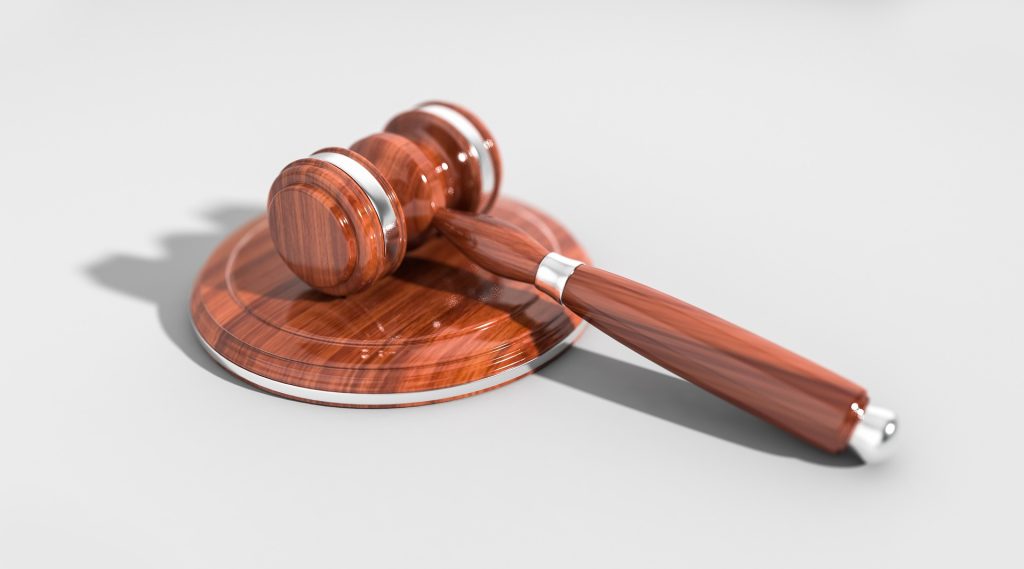Some CPAs believe that they will never be sued and therefore believe that they don’t need professional liability or other forms of insurance. The reasons for this position vary, but some common ones include, “I don’t make mistakes,” “All of my clients are friends,” or “I do tax work only.” The problem with this approach is that it is not effective risk management and could put even the most cautious CPA firm at risk.
It is important, of course, for CPAs to take every precaution feasible to ensure error-free work, but that may not be enough to ensure a firm’s security. In our litigious society a firm should be prepared for any unexpected bump in the road.
To shed more light on this point, following are some responses to five common reasons CPAs cite for not having insurance:
1. “I have a low-risk practice.”
Having a lower-than-average risk profile still leaves you vulnerable. For example, claims stemming from tax work, perceived as lower risk, occur more frequently than other types.
Tax claims can also be severe (i.e., in large dollar amounts) when triggered by issues such as estate taxes or foreign financial interests. You may be sued for damages you never anticipated, such as a client losing funds from embezzlement in their offices.
2. “I’ve known my clients for years.”
Good working relationships with clients don’t always hold up if the client becomes disappointed for any reason, even if it is unrelated to the CPA’s work. Any significant loss can lead to a dispute. Claims files are brimming with cases of good CPA-client relationships souring due to a variety of problems.
3. “I don’t make mistakes.”
Even when the CPA is doing everything by the book, an unfavorable jury verdict can still put the firm in jeopardy. Public expectations of CPA responsibilities have risen significantly over the years, putting even the best and most cautious CPAs at risk.
4. “I don’t have insurance in order to avoid being sued.”
A CPA who avoids insurance coverage does not always avoid a lawsuit. The party filing a lawsuit won’t even know whether the CPA is covered, and a CPA’s lack of insurance won’t stop an attorney from going after the CPA’s personal assets. The CPA in a claim situation sometimes needs to be defended in a court of law, and professional liability insurance pays for that defense as well as any legal counsel designated by the insurance company to defend the CPA.
5. “All of my assets are in my spouse’s name.”
With technology so thoroughly integrated into society, it’s easier than ever to track down someone’s assets. Putting assets in a spouse’s name will not make them immune from a lawsuit.
A prudent approach to risk management begins by having a reliable insurance program that includes comprehensive risk management resources designed specifically for CPAs. When the firm fully engages in utilizing those resources, it is well on its way to a more secure future.

